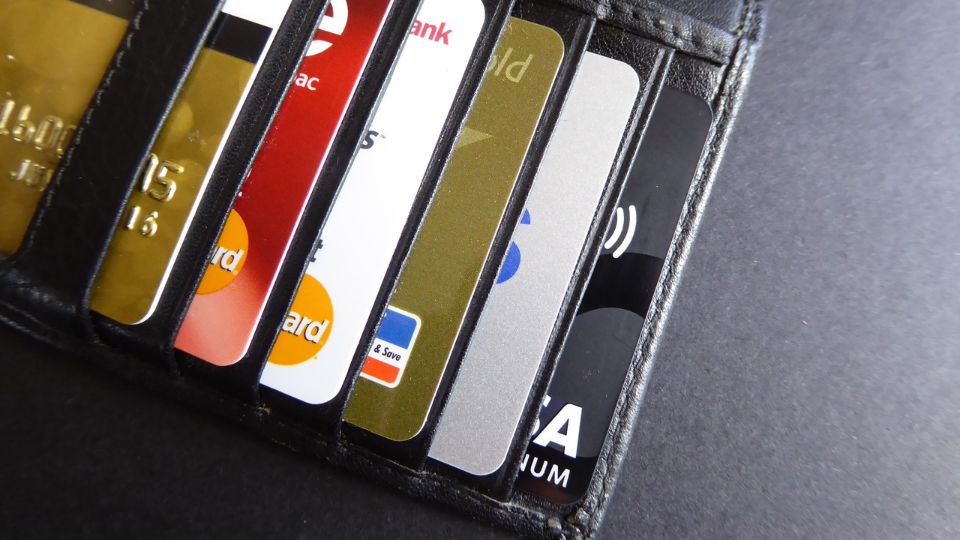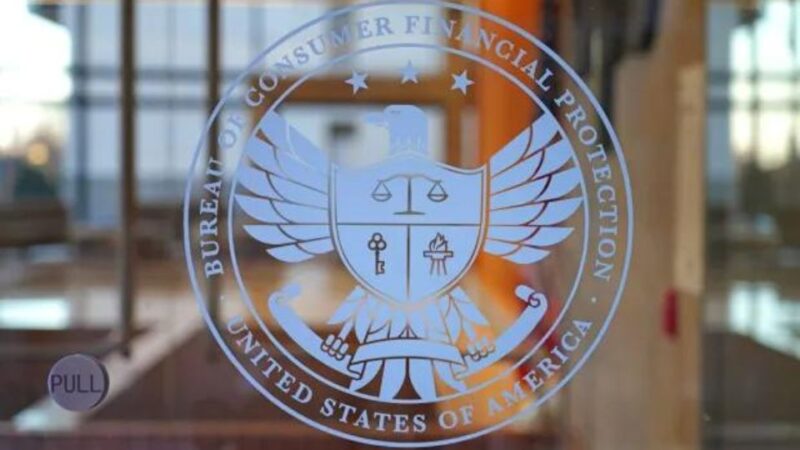The latest CFPB report sheds light on the hidden benefits of small bank credit card rate savings over big banks.
The Consumer Financial Protection Bureau (CFPB), in its latest data spotlight, has unveiled critical insights into the credit card industry, particularly focusing on the disparities in interest rates offered by large banks compared to those offered by smaller banks and credit unions. This revelation underscores a significant opportunity for consumers to achieve credit card rate savings, a matter of considerable importance given the widespread reliance on credit cards for both daily transactions and financial management.
CFPB Highlights Credit Card Rate Savings of Small Banks versus Big Banks
According to the CFPB’s findings, credit cards issued by the largest banks carry higher interest rates than those issued by smaller banks and credit unions. This discrepancy not only affects consumers’ ability to manage their debt efficiently but also highlights a broader issue of market competition—or the lack thereof. Rohit Chopra, the Director of the CFPB, emphasized the bureau’s commitment to intensifying efforts to ensure consumers have access to more favorable rates. These efforts could potentially save families billions of dollars annually, a testament to the impact that reduced interest rates can have on household finances.
The CFPB’s proactive stance extends beyond mere observations. It has targeted credit card late fees, proposing a rule expected to be finalized imminently. This rule aims to lower the threshold for late fees to the lesser of $8 or 25% of the minimum payment due, a move poised to alleviate the financial burden on consumers penalized for late payments.
CFPB’s Strategy for Better Credit Card Rate Savings
In its analysis, the CFPB examined terms for 643 credit card products from 156 issuers, covering both banks and credit unions, over the first half of 2023. The stark contrast in Annual Percentage Rates (APRs) offered by small institutions versus the largest 25 issuers was evident across all credit score tiers. The potential for credit card rate savings is significant, with an average annual saving of $400 to $500 for consumers who opt for credit cards from smaller banks or credit unions, assuming an average balance of $5,000.
The report suggests that the lack of competition among the top credit card issuers, who dominate approximately 95% of the credit card debt market, contributes to higher interest rates. This situation is exacerbated by practices such as issuing cards with maximum purchase APRs exceeding 30% and imposing annual fees that are, on average, 70% higher at large institutions compared to smaller ones.
The CFPB’s comprehensive approach to fostering competition in the credit card market includes developing rules to enhance consumer mobility between providers, clarifying pricing structures, and ensuring fair play in rewards programs and comparison websites. This multifaceted strategy aims to dismantle barriers to competition, thereby promoting credit card rate savings for consumers.
Related: Unlock Savings: Top 10 Travel Credit Cards

The Debate Over Credit Card Competition
However, the CFPB’s efforts and statements have not gone unchallenged. The Consumer Bankers Association (CBA) has expressed concerns over what it perceives as unfounded critiques of the competitive nature of the credit card market, arguing that the CFPB’s actions could narrow consumer choices rather than expand them.
In response to the CFPB’s initiatives and the forthcoming tools to aid consumers in comparing credit card terms and interest rates, the discourse around credit card usage, market competition, and consumer rights is likely to intensify. As the CFPB prepares to release another report in late spring 2024, the ongoing debate underscores the complex interplay between regulatory efforts to protect consumers and industry perspectives on market dynamics and consumer choice.
This expanded focus of the CFPB, from targeting late fees to scrutinizing interest rates and overall credit card pricing, represents a critical shift towards ensuring that consumers are not only well-informed but also equipped with the tools necessary to make financial decisions that best suit their needs. With the promise of an unbiased comparison tool, the CFPB is setting the stage for a more transparent and consumer-friendly credit card market, potentially heralding a new era of credit card rate savings and financial empowerment for consumers nationwide.




